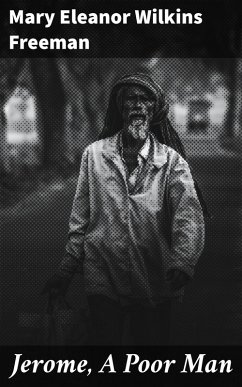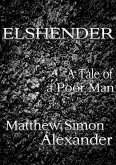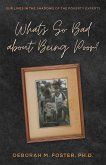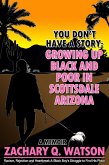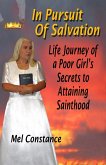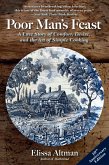In "Jerome, A Poor Man," Mary Eleanor Wilkins Freeman intricately weaves a poignant narrative that illuminates the struggles of a lower-class protagonist navigating a world marked by economic hardship and social prejudice. Set against the backdrop of late 19th-century America, Freeman's literary style is characterized by her realistic depictions, nuanced character development, and evocative prose, which seek to delve into the complexities of human emotion and societal constraints. Through the eyes of Jerome, the reader encounters the relentless challenges faced by the impoverished and the profound sense of dignity they strive to uphold, thus inviting an exploration of class, community, and resilience in a rapidly industrializing society. Freeman, a notable figure in American realism, frequently drew upon her own experiences growing up in a small New England town, facing both gender bias and economic instability. Her keen observations of everyday life and her deep empathy for marginalized individuals undoubtedly influenced her motivation to write "Jerome, A Poor Man." Freeman's commitment to illuminating the voices of the underprivileged renders her work a crucial examination of social justice and human rights during her time. This compelling novella is highly recommended for readers interested in American literature, social issues, and character-driven stories. Freeman'Äôs insight into the human condition, coupled with her artistic portrayal of the struggles of the poor, not only educates but also inspires a greater understanding of the socio-economic divides that continue to persist today.
Dieser Download kann aus rechtlichen Gründen nur mit Rechnungsadresse in A, B, BG, CY, CZ, D, DK, EW, E, FIN, F, GR, H, IRL, I, LT, L, LR, M, NL, PL, P, R, S, SLO, SK ausgeliefert werden.

